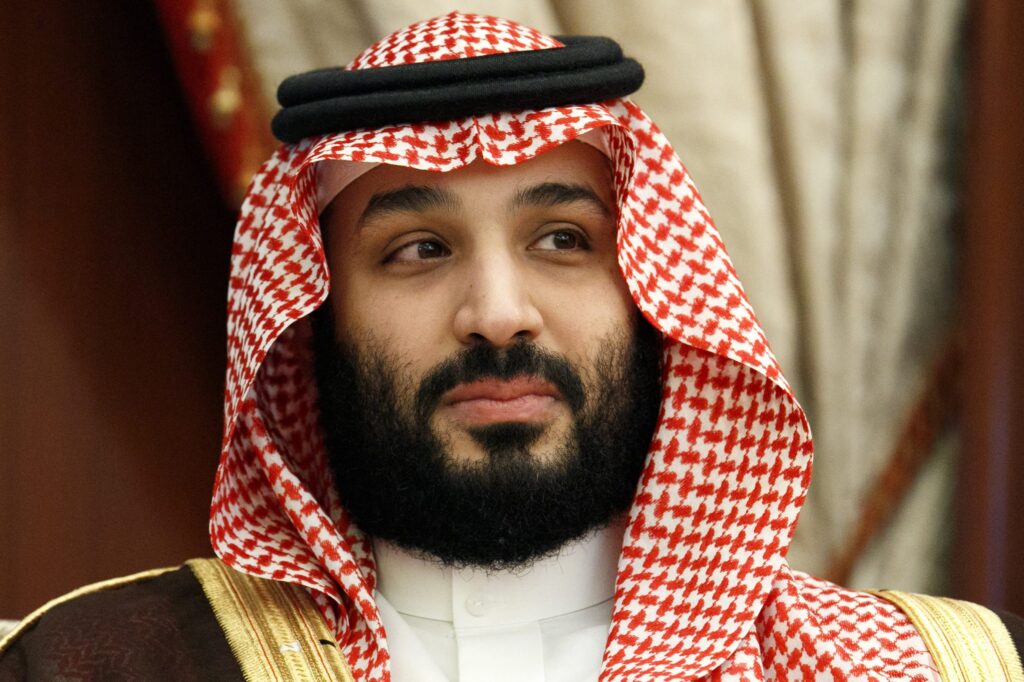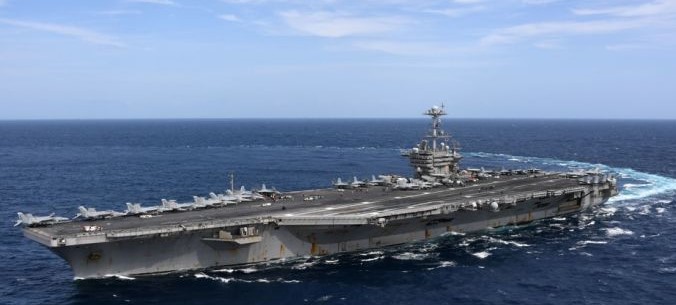
STRATEGIC ASSESSMENT. More than three and a half years after Saudi Arabia launched a blockade against Qatar, Kuwait’s foreign minister Sheikh Ahmad Nasser Al-Mohammed Al-Sabah announced that Riyadh would reopen its land, air, and sea borders with Doha. The announcement came just a day before the Gulf Cooperation Council (GCC) summit in Al Ula, Saudi Arabia. Other key countries involved in the blockade—United Arab Emirates (UAE), Bahrain, and Egypt—are also mostly expected to follow Saudi Arabia’s lead in working toward a more comprehensive resolution of the crisis, which includes an agreement on several critical confidence-building measures. UAE Minister of State for Foreign Affairs Anwar Gargash spoke of a desire to repair cohesion in the Gulf. The move has been several months in the making. Speaking at The Soufan Center Global Security Forum in mid-November, U.S. National Security Adviser Robert C. O’Brien announced potential progress in resolving the ongoing dispute.
At the outset of the crisis, the four blockading countries (Saudi Arabia, UAE, Egypt, Bahrain) laid out a list of thirteen specific demands, many of which were non-starters for Qatar. The list included shuttering Al-Jazeera and curtailing Doha’s increasingly independent and robust foreign policy, sometimes viewed as a deliberate strategy to counteract Saudi Arabia’s preponderance in the region. Trade and diplomatic ties were severed, although Qatar repeatedly reiterated its willingness to find a diplomatic solution to the crisis while also standing its ground. The conditions set out by the blockading states were widely seen as an attempt to transform Qatar into a vassal state, which it unequivocally refused to accept. On the contrary, during the three and a half years of the blockade, Qatar became far more self-sufficient in many sectors, including agriculture and manufacturing. Doha adapted by seeking out alternative markets and trading partners. While the rift certainly led to a fissure in the GCC, Qatar emerges from the blockade relatively unscatled, having learned crucial lessons from the incident and developed partnerships that will continue to shape Doha’s approach to foreign policy. The announcement of the end to the blockade is also a victory for Kuwaiti diplomacy.
In a statement released by Saudi Arabia’s official news agency, Crown Prince Mohammed bin Salman, one of the blockade’s principal architects, announced that the GCC summit would ‘close the ranks and unify the stance’ of the Gulf countries. Of note, the Crown Prince’s statement mentioned nothing about the list of thirteen demands. That the blockade is ending without Saudi Arabia achieving any of its stated objectives is yet another example of MBS’ status as something of a foreign policy neophyte. While the UAE might ultimately follow the Kingdom’s lead in resolving the Gulf dispute, there is a divergence between Saudi foreign policy objectives and the goals of UAE in other areas, most notably in Yemen. The blockade proved counterproductive for Saudi Arabia, which has also waged an aggressive online disinformation campaign against Qatar. In the end, those most negatively impacted by the embargo were the families ripped apart and unable to visit with their loved ones and relatives.
The move is widely seen as an effort on the part of the Trump administration to unify countries in the region against Iran, as is the series of so-called “normalization” deals between Israel and several Gulf countries. Yet, just this week, Iran announced that it would move to increase uranium enrichment to 20% at its underground nuclear facility. In the Trump administration’s twilight days, Saudi Arabia fears losing the ‘blank check’ it had for the past four years. In addition to depriving Iran of income generated by overflight rights otherwise denied to Qatar by GCC partners, the thawing of relations is likely intended as a gesture of goodwill on behalf of Saudi Arabia to the Biden administration. Members of Biden’s foreign policy team have made it clear that, under his leadership, Washington will not tolerate reckless Saudi behavior in the region and will work to hold Riyadh accountable for any destabilizing foreign policy decisions (TSC).





